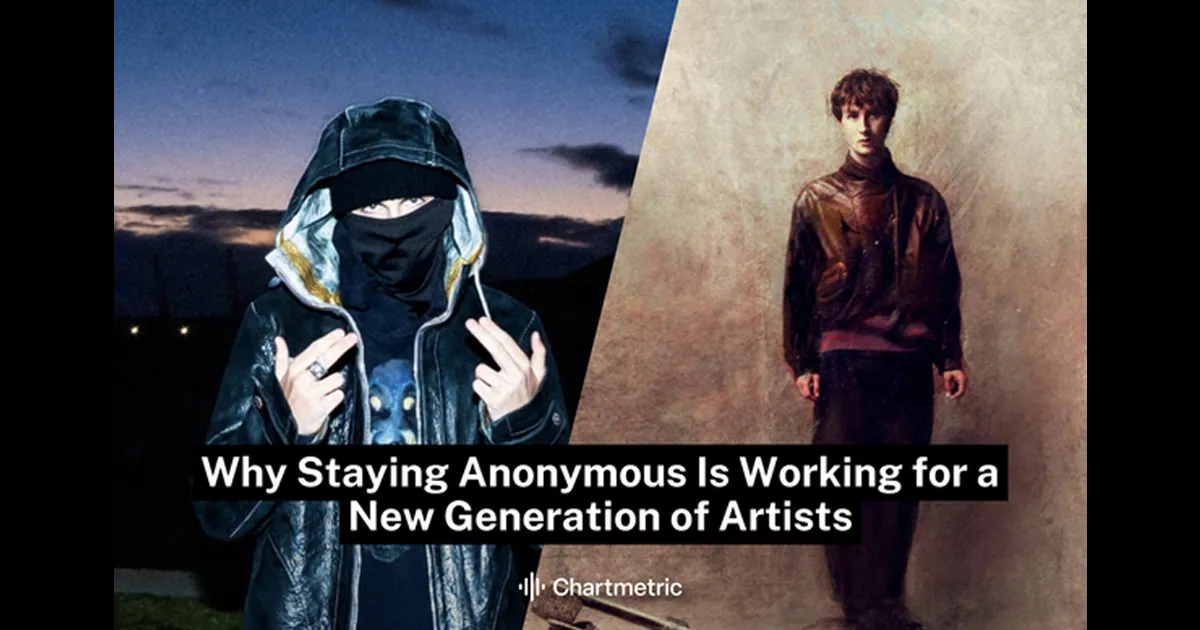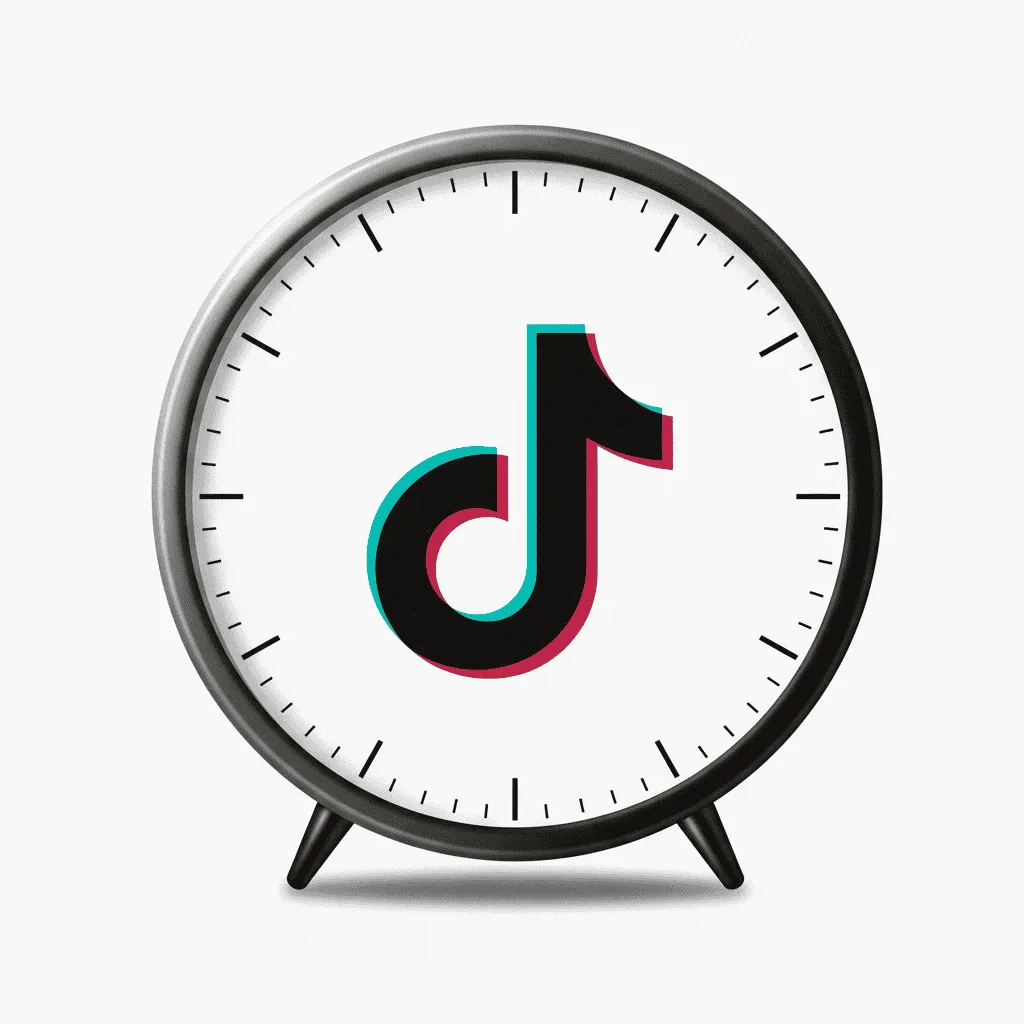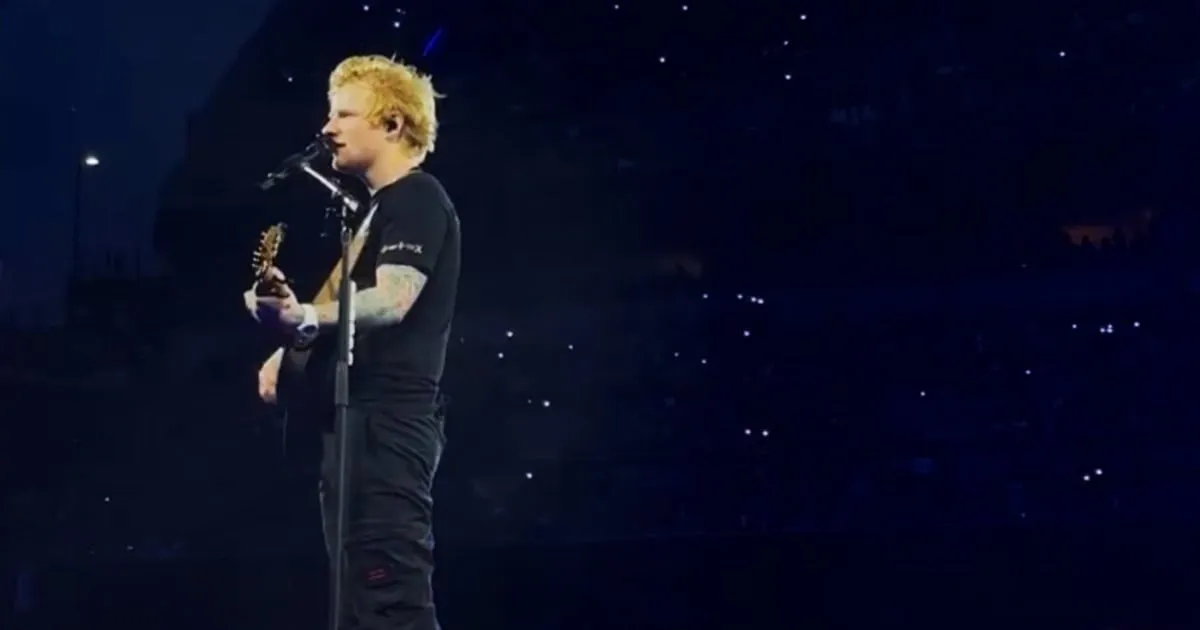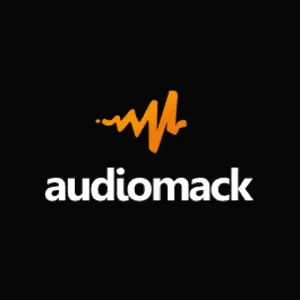Guest post by Benji Rogers, Founder & CEO of PledgeMusic.
I don't want to buy things on Facebook. I reconnect with old friends, share pictures and see what other people are doing. It's where I get a reminder when it's someone's birthday, and when the New York Rangers win, it's where I go to shout about it. But in all of that, Facebook is not where I will go to buy anything – ever.
The inherent power of Facebook is that it sells all things social. In one sense, I suppose I go to the social media site to socialise with people I'm not immediately near and, sadly, some who I am near but am just too busy to see more often. All in one place, I can see who's doing what and when and where. When I see that a relationship status has changed or that someone has updated their hometown, it immediately tells me a story. And it's a story that's not just of interest to me but also to my father and grandparents and the 800,000,000 plus people I've never met who use the social networking site.
But it's not where I will ever go to make a purchase.
In my opinion, the smartest move Facebook has made in the music space is forcing people to use and to land on bands' walls or timelines. It's brilliant because it pushes artists to use this space as normal people would and not as an app. This is so important to you if you're an artist because you need to fundamentally understand that fans don't care about what you're selling. They care first about your music and second about what you're doing and why. Offering fans more ways to buy is pointless.
Think of it from a fan's perspective. I have to land on your Facebook wall, click through to your Facebook band page, click the "buy" button, enter my credit card or PayPal details, add my shipping information, agree to a totally unknown third party's terms and conditions and then wait for something to arrive or begin to download. All that when I could just go to iTunes and click "buy" or to Spotify and click "play." Not that I do the latter.
The direct-to-fan argument is that you're able to bring the commerce to where people are interacting and to make it easier for them to make that purchase. But is it easier? To me, it still doesn't address the fundamental issue, which is that fans don't need more ways to buy – they need more reasons to buy.
I have one specific memory that might help illustrate this point. When I was in high school, there was one kid who got me to buy more cassettes than anyone else. It drove me nuts. I used to spy into the top of his Walkmen to see what he was listening to. I'd try and catch a glimpse of what he had in his cassette collection, and at one point we got into an argument about it.
"Get your own bands," he'd say to me. I didn't even like some of his music, but I'll be damned if I didn't buy everything he did just to keep up. In one sense he was right. As we both came down from the late '80s metal high, he went folk and retro and I went Pearl Jam, R.E.M., Stone Temple Pilots and Lord only knows who else.
I remember bumping into him years after high school and him still being cagey about what he was listening to. I saw him two weeks ago, and I know he still has some gems he's holding onto just for himself. I'm sure of it. He's on Facebook now, and though he doesn't share much, what he does share I find myself eagerly clicking on. I have to…
To any and all artists who are using Facebook or an email list or a Twitter account today, I ask you this one question: Are you being social? What have you done today that is for me? What have you done that will make me want to look into your Walkmen to see what's playing there? If I were to come across your Facebook wall or browse your timeline, what story would it tell me?
Remember that I already know where I can go and get your music. I don't even have to pay for it if I don't want to. But what have you given me as a potential fan that would make me want to even click that play button in the first place?
When I wake up at home, I put on vinyl. I like to set the tone for the day. What story are you going to tell me that's going to make me get up from my computer to turn off Aretha Franklin or Exile on Main St., Donny Hathaway Live or Nina Simone to listen to your band for a few seconds, when I know nothing about you, who you are or why I should care?
What story are you going to tell me that will make me go put your music on my iPhone and take it on the ferry to work with me when, again, you're competing with my current playlist of Nick Drake, Otis Redding, Led Zeppelin or Gram Parsons? What's going to get me to turn them off and listen to you?
The answer to me is quite simple: It's not going to be your store or your player or your banner ad. It's not going to be your tour dates or your data capture widgets or your email signup form or your multitudinous packaging options or your bundles. It will first be your music and then your story and, perhaps most important of all, the way you tell me that story.
If you get the music right, people will share it – either overtly or by accident, they will share it. I lived in a world without Nick Drake until a guy whose taste in books I admired told me on pain of death to go buy it. I did. Then I dove into Nick's story, scoured the liner notes, digging deeper because I wanted to know more. I was hooked. I wanted to know why his music sounded the way it did. I sought it out. I shared it with everyone. Having more places to buy it was irrelevant. I wanted it all – disappointing outtakes included.
If the music is the "what," then all you need to work on next is the "why."
Just spend five minutes following Mieko on Twitter, and you'll see that in action. Or read one email from Madi Diaz's email list. Check out one Pledgers-only update from Ginger Wildheart or Matthew Mayfield, and you'll understand why the "why" is so important. Once I'm into the music, I want the journey. This is how social works. Your Facebook wall should be a narrative, not a sales pitch. I already know where I can buy your music, and I don't have to buy your music, so tell me why I should dig deeper. Better yet, let other people do that for you. Let them tell me why.
We live in a connected world where we're able to share what we love. Your player tells me nothing, and your iTunes "buy" button tells me even less. But your Facebook wall – the way you interact with your fans and what you choose to tell them – could tell me everything I need to know. Your music and then your Timeline narrative could be what pulls me into your journey, or it could be what makes me get off at the first stop.
You're competing with free, so be social. In a connected world, when the music is free, social is what you are selling.
More: PledgeMusic's Benji Rogers On Going Beyond Fan Funding To Power Album Campaigns




